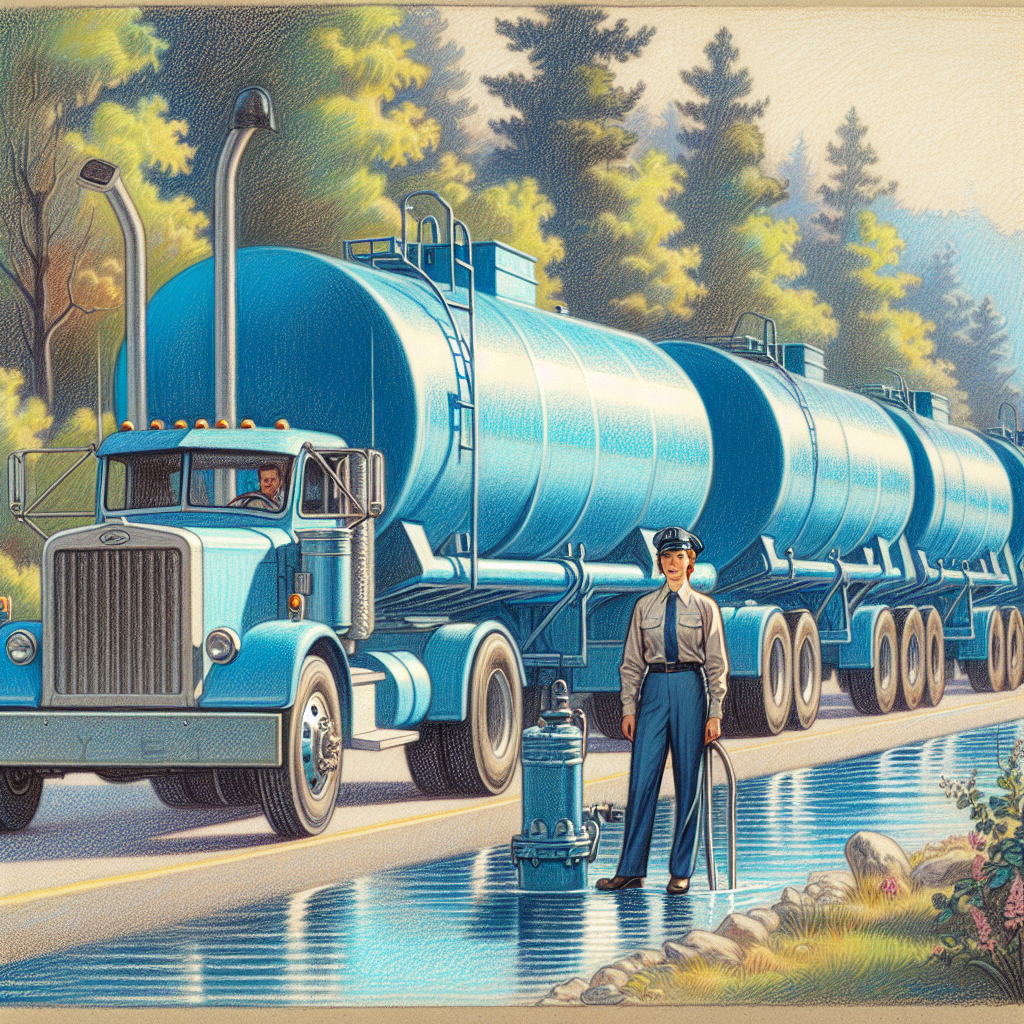SA Invites Public Input on Draft Water Resource Rehabilitation Guidelines
The department is encouraging all stakeholders—including community organisations, environmental groups, industry, and academia—to provide feedback on the draft documents.

- Country:
- South Africa
The Department of Water and Sanitation (DWS) has officially invited stakeholders across South Africa to submit comments on the Draft Rehabilitation Management Guidelines (RMGs) for Water Resources by 29 October 2025. These guidelines, developed in line with Chapter 3 of the National Water Act (Act 36 of 1998), aim to provide a structured framework for the rehabilitation, management, and protection of South Africa’s water resources.
Strengthening Water Resource Protection
According to the department, the draft guidelines have been in development since 2020 and are designed to ensure the efficient, sustainable, and equitable use, conservation, and management of the country’s critical water systems.
The RMGs cover five main water resource themes—rivers, wetlands, estuaries, lakes and dams, and groundwater—reflecting the full scope of South Africa’s aquatic ecosystems. For each of these themes, the guidelines propose step-by-step rehabilitation measures and interventions.
“The guidelines identified and categorised five water resource themes into rivers, wetlands, estuaries, groundwater, as well as lakes and dams, as per the definition of the NWA, and further outline five phases to be followed to undertake the process of rehabilitation,” the department said.
Five Phases of Rehabilitation
The draft guidelines detail a five-phase approach to guide rehabilitation efforts:
-
Diagnostic Phase – Assessing conditions of watercourses, including the type, size, and extent of impacts on their ecological and physical characteristics.
-
Planning and Assessment – Reviewing maps, datasets, and available information while considering the legal and regulatory framework.
-
Defining Rehabilitation Objectives – Setting clear goals to address the identified impacts and restore the ecological integrity of affected water resources.
-
Execution Phase – Implementing rehabilitation techniques and methods while ensuring protection of water resources, ecosystem services, and community livelihoods.
-
Monitoring, Evaluation, and Reporting Phase – Ensuring accountability through continuous monitoring, evaluation, and reporting of interventions and maintenance.
Broad Stakeholder Engagement
The Department of Water and Sanitation has already initiated extensive consultations to gather feedback on the draft guidelines. A recent public consultation session in Pretoria brought together stakeholders from government entities, catchment management agencies, water boards, research institutions, civil society, and the private sector.
Sectoral consultations have also taken place through established platforms, including:
-
The Project Steering Committee
-
The Freshwater Ecosystem Network
-
Catchment Management Fora
-
The Western Cape Estuaries Task Team
-
Intergovernmental engagements with the Department of Forestry, Fisheries and the Environment (DFFE), the Water Research Commission (WRC), and other partners
-
The 2024 Wetland Indaba
These engagements are meant to ensure that the final guidelines are not only scientifically robust but also inclusive and practical for implementation.
Call for Written Submissions
The department is encouraging all stakeholders—including community organisations, environmental groups, industry, and academia—to provide feedback on the draft documents. The consultation covers five volumes, each dedicated to a specific water resource type:
-
Volume 1: Rivers
-
Volume 2: Wetlands
-
Volume 3: Estuaries
-
Volume 4: Lakes and Dams
-
Volume 5: Groundwater
A complementary Guidelines in Practice Report is also available for comment.
Submissions can be made online via the department’s website: https://www.dws.gov.za/wem/rehabguidlines.aspx. Written inputs should be forwarded to Kgotso Mahlahlane (MahlahlaneK@dws.gov.za) and copied to Samkele Mnyango (MnyangoS@dws.gov.za).
Importance of Rehabilitation for Sustainability
South Africa faces serious challenges in water quality, availability, and ecological integrity, exacerbated by climate change, pollution, and increasing demand from agriculture, industry, and urban growth. The guidelines seek to address these issues by promoting proactive rehabilitation and restoration, ensuring that ecosystems continue to provide essential services such as clean water, flood control, and biodiversity protection.
By introducing a national framework, the DWS aims to standardize rehabilitation practices across provinces and catchment areas, ensuring consistency, efficiency, and long-term sustainability.
Looking Ahead
The draft RMGs represent a crucial step in building a resilient and sustainable water management system in South Africa. Once finalized, they will provide water users, regulators, and stakeholders with a clear roadmap to restore and protect the country’s vital water ecosystems.
As the October deadline approaches, the DWS has urged stakeholders to seize this opportunity to contribute their insights. The finalised guidelines will shape how South Africa addresses water resource challenges for decades to come.









